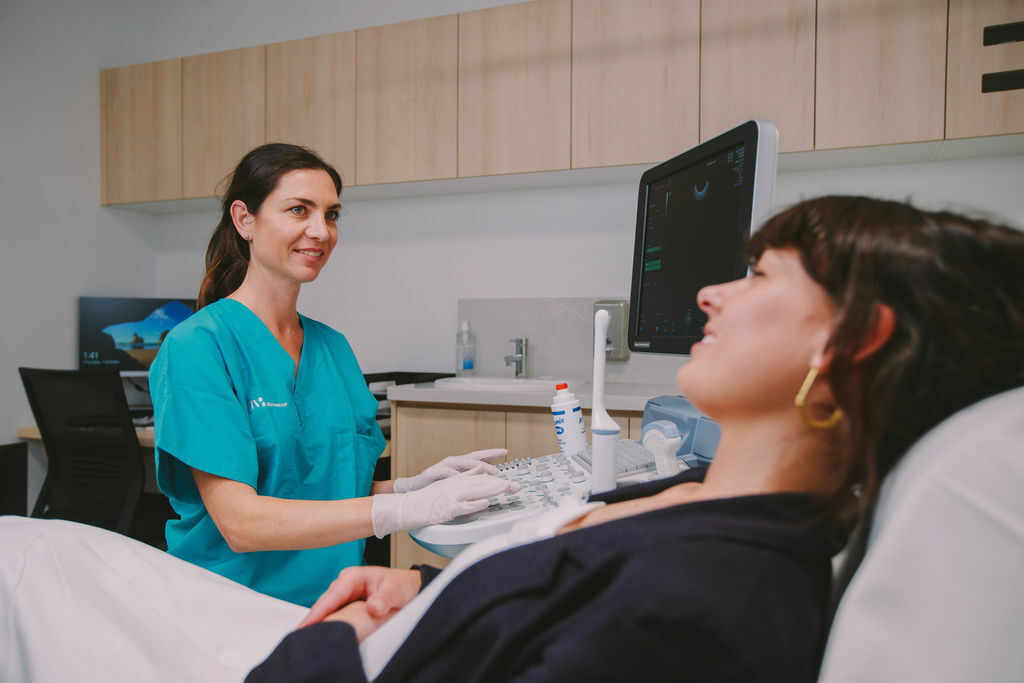Ovulation Induction
Ovulation induction treatment can be a good option for women with irregular menstrual cycles. Irregular periods make it hard to pinpoint when exactly you’re ovulating, which makes it tricky to try for a baby.

What is ovulation?
Each month during your menstrual cycle, an egg is released from the ovaries. Ovulation is the moment when the egg is released.
On average, ovulation occurs 14 days before the start of your period. But it’s normal for women to ovulate anywhere from 12-18 days before their next period.
Learn more about ovulation and your fertile window.
What is ovulation induction treatment?
Ovulation induction treatment is minimally invasive and can be a good early intervention option if you don’t have regular periods. With ovulation induction, our goal is to help you fall pregnant naturally. That way, you won’t need to undergo more invasive fertility treatments like IVF.

Is ovulation induction right for me?
Ovulation induction may be the best choice if you:
- don’t have a regular menstrual cycle
- don’t have periods at all (in premenopausal patients)
- have healthy fallopian tubes
- have unexplained infertility
Ovulation induction medication
The risk of multiple pregnancy
Ovulation induction medications can lead to multiple follicles developing and maturing in one menstrual cycle - meaning more than one egg may be released when you ovulate. This increases your chance of multiple pregnancy, which can be a risk to both mother and babies.
Rest assured - your fertility specialist will be monitoring you regularly to help prevent this. Using a combination of blood tests and ultrasound, they will track how many follicles are maturing in your ovaries during any one cycle.
If too many follicles look ‘dominant’, they may suggest you abstain from having sex during this round. You can always try ovulation induction again next month.
What if it doesn’t work?
If ovulation induction doesn’t work for you, don’t worry - there’s plenty of other options to help you have a baby.
Your fertility specialist will talk you through other treatment options like Intrauterine Insemination (IUI) or In Vitro Fertilisation (IVF).
Keen to get started?
Book in with one of our fertility experts. They’ll assess your situation and tailor a treatment plan specifically for you.

Start your fertility journey
Wherever you are on your journey, one of our supportive nurse enquiry team members can help you understand your options and take the next step. These conversations are free and informative.


